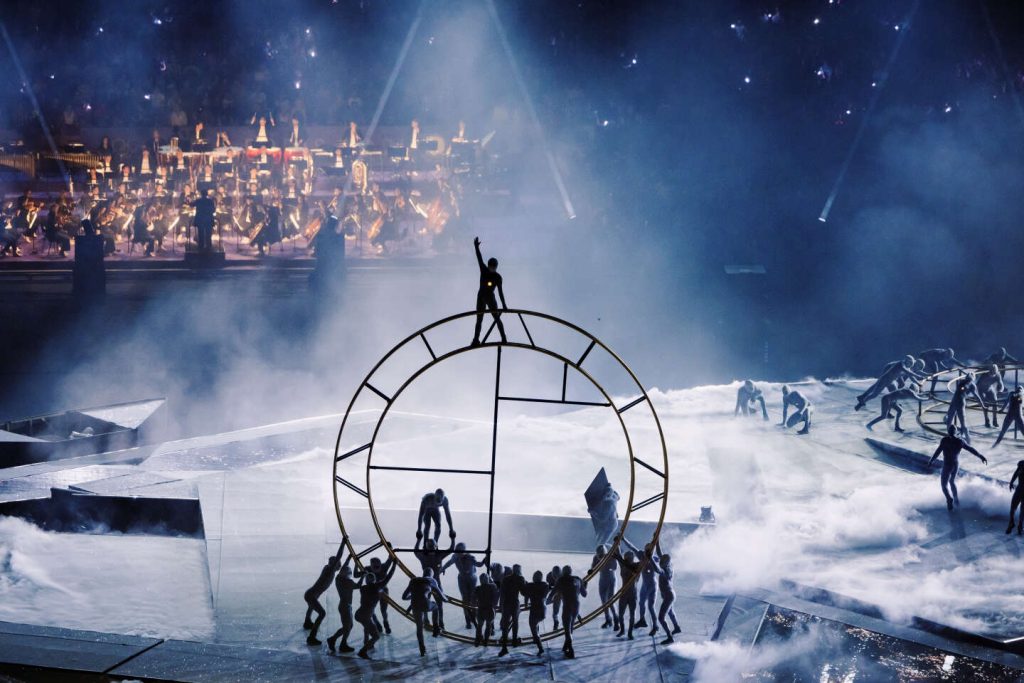The Olympics have come to an end, but the excitement continues with the upcoming Paralympic Games. The Paris 2024 Olympics have been described as quintessentially French – filled with complaints, enthusiasm, and admiration. Despite initial fears and concerns about the organization of the Games, Parisians and the French quickly embraced the event and were captivated by the performances and athletes. The media, experts, and politicians had raised alarms about various issues such as security and transportation, but these worries were soon overshadowed by the joyful atmosphere of the opening ceremony.
The French people’s reaction to the Olympics reflects a deeply political society where everything becomes a subject of debate. As the country was going through a period of uncertainty with the dissolution of the National Assembly, the Games provided a much-needed psychological escape and relief for many. It was a moment of shared joy and celebration amidst personal and collective anxieties. The French, known for their pessimism according to studies, displayed a mix of pride and joy, alongside a self-inflicted neurosis. Despite this complex emotional landscape, the overwhelming desire to be happy together and proud of France was evident throughout the Games.
The French identity is often seen as a blend of self-deprecation and bursts of pride, rather than arrogance. While the stereotype of the French being arrogant persists, the reality is more nuanced, reflecting a unique mix of self-criticism and moments of national pride. This distinct identity was on display during the Olympics, where despite not enjoying every detail of the event, the majority of French people were eager to celebrate and appreciate the beauty, diversity, and grandeur of the occasion. This desire to embrace positivity and unity was a stark contrast to the typical narrative of French pessimism.
The author highlights the contrast between French attitudes and those of other nationalities, noting that French politicians and citizens are more likely to express doubts and concerns about their country’s future openly. In comparison, in his experience negotiating with individuals from different nationalities, including during the Brexit negotiations, the author found that French leaders were more willing to publicly acknowledge their country’s challenges. This tendency towards self-doubt and criticism is balanced by fleeting moments of national pride and confidence, reflecting a complex relationship with national identity and self-image.














